Journaling for Anxiety: How to Start
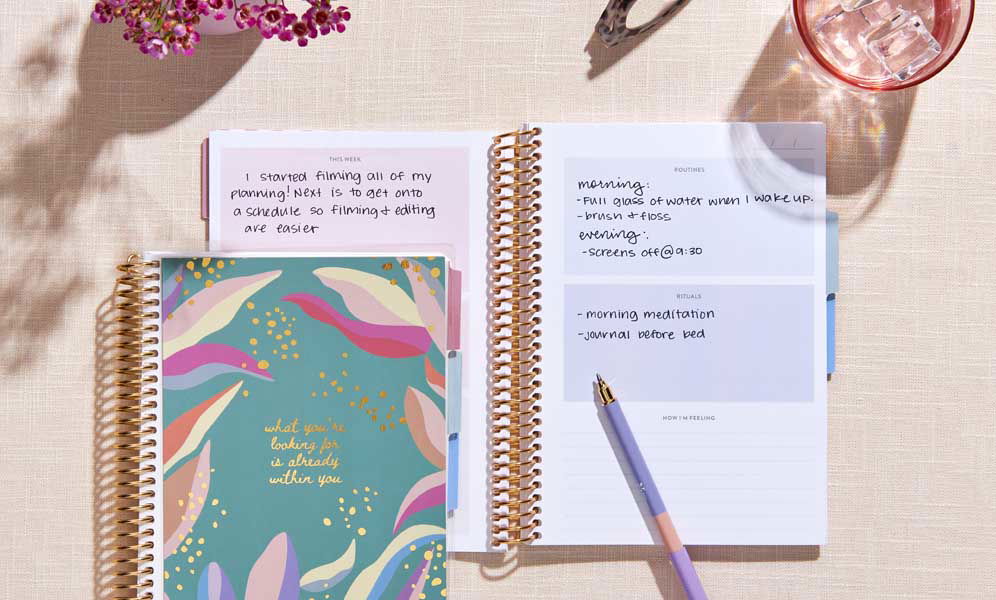
If you've ever felt overwhelmed by stress, anxiety, or the normal ups and downs of daily life, journaling for anxiety might be for you! Journaling isn’t just a place to record your memories—it can also be a powerful tool for self-exploration and problem-solving. It provides an opportunity to gain clarity and process complex emotions, and it's a practice we, as journaling and organizing experts, can attest to, which is why we're excited to share our favorite tips and prompts for how to journal for anxiety.
We'll explore the benefits of journaling for improving your mental and emotional well-being, walk you through the basics, and give you some creative ideas to help you get started. Journaling can be a relaxing, low-key way to understand yourself better and manage anxiety effectively (how awesome is that?).
What Is Journaling for Anxiety?
Journaling for anxiety involves writing about your thoughts and feelings to manage anxiety symptoms. It provides a safe space to express your emotions, gain insights into your mind, and develop coping strategies. Whether you're dealing with an anxiety disorder or just experiencing anxious thoughts, journaling can be a valuable tool for managing your mental health.
Studies indicate that expressive writing can improve your emotional and physical health. The act of writing can be incredibly therapeutic and grounding.
The Benefits of Journaling to Help with Anxiety
Journaling offers many mental health benefits, from releasing negative emotions to tracking personal growth. Here are some of the ways journaling can positively impact your well-being:
- Releasing Negative Emotions: Journaling provides a safe outlet to express and release pent-up emotions. This can be particularly beneficial for those dealing with anxiety disorders.
- Processing Traumatic Experiences: Writing in a journal or notebook can be a powerful tool for processing and healing from traumatic events. It allows you to explore your feelings in a structured way.
- Self-Reflection and Increased Self-Awareness: Journaling encourages self-reflection, helping you gain a deeper understanding of yourself and your mind. It can highlight patterns and triggers that you might not notice otherwise.
- Supports the Problem-Solving and Decision-Making Process: Writing about challenges or decisions can help you brainstorm solutions and gain new insights. It provides a clear space to consider different perspectives.
- Cultivates a Positive Mindset and Emotional Resilience: Journaling fosters a positive mindset by focusing on gratitude and positive experiences. This shift in focus can enhance your overall emotional resilience.
- Managing Stress and Anxiety: Studies show that journaling regularly helps manage stress, anxiety, and depression. Writing about your anxiety symptoms can provide a sense of control and clarity.
- Tracking Progress and Personal Growth: Journaling allows you to track your progress and personal growth over time. This reflection can be a valuable tool in your mental health journey.
Types of Journaling for Anxiety Relief
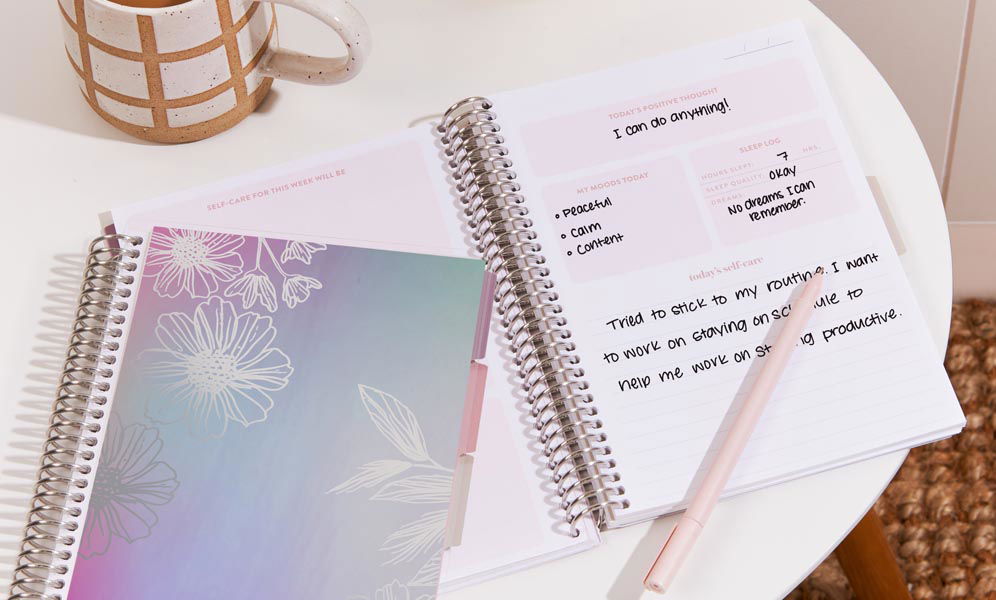
Stream of Consciousness Writing
This technique involves writing without censoring or filtering your thoughts. Let your pen flow freely on the paper, allowing your thoughts to spill onto the pages without judgment. This form of expressive writing can help uncover hidden emotions and provide insights into your mind. It can be liberating to write without constraints.
Guided Journaling
Guided journals provide prompts or structured exercises to guide your journaling practice. They can focus on specific topics like self-discovery or mindfulness. Using journal prompts can make this type of journaling easier to start and maintain. They offer a roadmap when you're not sure where to begin.
Reflective Journaling
Reflective journaling encourages introspection and self-exploration. Write about specific events, experiences, or emotions in depth to gain insights into your thoughts and feelings. Reflective journaling can be particularly helpful in understanding your anxiety symptoms and how they affect your daily life. It allows for deeper analysis and understanding.
Bullet Journaling
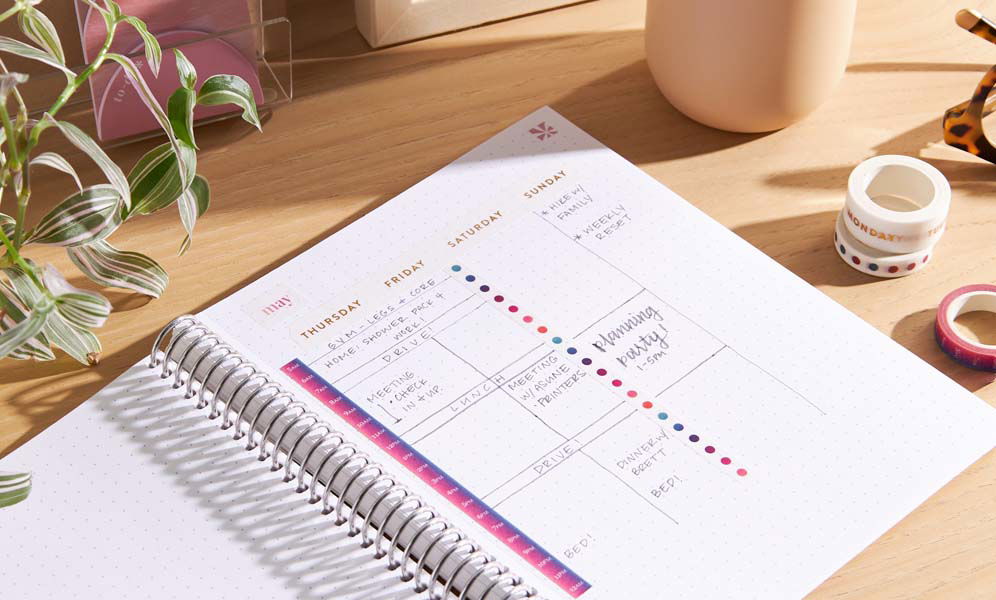
Bullet journaling combines creativity with organization. Use bullet points, symbols, and illustrations to plan and reflect on your thoughts and tasks. This method can be particularly useful for managing anxious thoughts and maintaining a clear mind. It can be both a creative outlet and an organizational tool. You may also find a stress planner helpful.
Gratitude Journaling
Gratitude journaling focuses on cultivating a sense of gratitude. Each day, write down things you’re grateful for, enhancing overall well-being. This practice can help shift your focus from anxious thoughts to positive aspects of your life. Acknowledging the good can uplift your mood.
Positive Affect Journaling
Positive affect journaling (PAJ) is a type of writing where you focus on the positive experiences, feelings, and aspects of your life. By focusing on these positive experiences, you train your brain to seek out and remember positive information, which can counterbalance the negative biases often present in anxiety and stress.
PAJ can include writing about anything that brings you joy or satisfaction, no matter how small. This could be a beautiful sunset you witnessed, a kind gesture from a friend, or a personal achievement. The benefits of this form of journaling include reduced anxiety and increased well-being (yes ... and yes, please!).
How to Journal for Anxiety
Choosing the Right Journal
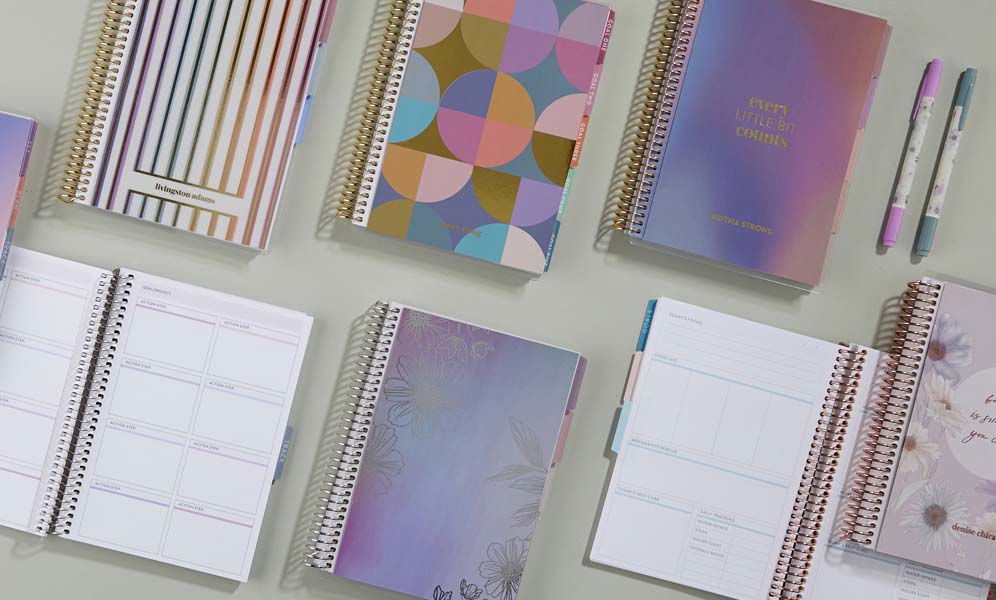
Select a journal that resonates with you. Consider factors like size, design, and paper quality. Choose a journal that you’re excited to open and write in. This could be a beautifully designed notebook or a simple, functional journal that feels comfortable to use. Your journal should inspire you to write.
Find a Comfortable Space
Find a peaceful and comfortable space where you can focus on your thoughts. Experiment with different environments to find one that inspires you. Whether it's a cozy corner at home, a favorite café, or a serene outdoor spot, choose a place where you feel safe and relaxed. Your environment can significantly impact your journaling experience.
Set Aside Time for Journaling
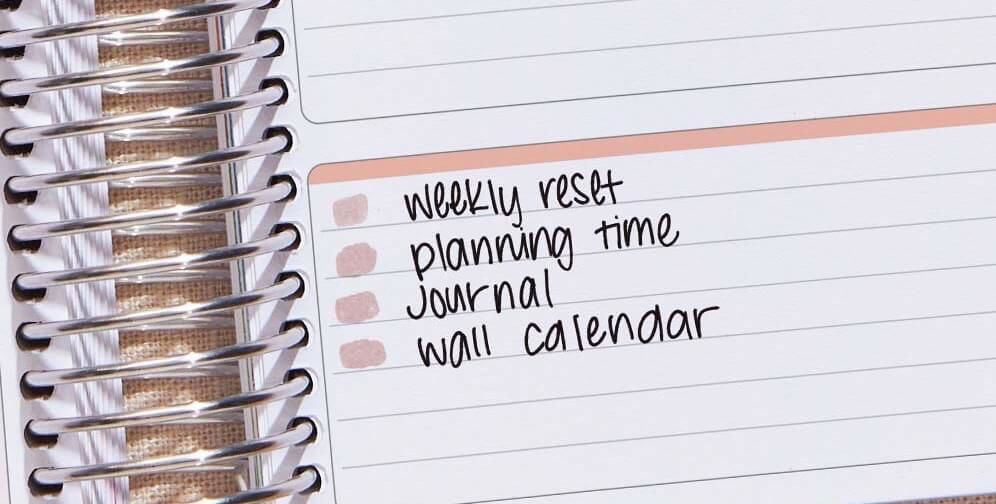
Create a regular journaling routine. Set aside a dedicated time in your schedule for journaling, whether it's a few minutes each day or an hour every week. Consistency is key to making journaling a beneficial habit. This regular practice can become a cherished part of your self-care routine.
Use Journal Prompts
If you're unsure where to start, or need a little inspo, journal prompts are great for guiding your writing. Here are 10 of our favorite prompts to get you started (but feel free to tweak, expand, and update them as your journey evolves):
- Write about a time when you felt the most content and at peace. What were the circumstances, and what made it such a positive experience?
- Describe a challenge you’re currently facing. How does it make you feel, and what steps can you take to overcome it?
- Reflect on a recent accomplishment. What did you learn from the experience, and how has it contributed to your personal growth?
- Write about your current feelings. How do they impact your daily life, and what can you do to manage them?
- Describe a safe space for yourself. What does it look like, and how does it make you feel?
- List five things you are grateful for today and explain why each one is meaningful to you.
- Think about a time when you successfully managed your anxiety. What strategies did you use, and how can you apply them now?
- Write about a person who positively impacts your life. What qualities do they have that you appreciate?
- Describe an activity that helps you relax and unwind. How can you incorporate more of it into your routine?
- Write a letter to your future self about your hopes and dreams. How do you want to feel, and what steps will you take to get there?
Adding these prompts to your journaling routine can provide structure and inspiration. You may also enjoy 30 Art Journal Prompts for Relaxation and Creativity.
Using these prompts can help you explore different aspects of your thoughts and feelings, providing a structured way to engage in self-reflection and self-care. They can be a great starting point for deeper exploration.
Journaling + Therapy
While journaling can be a powerful tool for managing anxiety, it's also important to seek professional help if needed and when available. Cognitive Behavioral Therapy (CBT) and other forms of professional support can complement your journaling practice. Discussing your journal entries with a therapist can provide additional insights and strategies for managing anxiety. Granted, therapy is a privileged, personal choice; but if you're able, and it aligns with your values, it can enhance the benefits of journaling for anxiety.
Related Journaling Guides
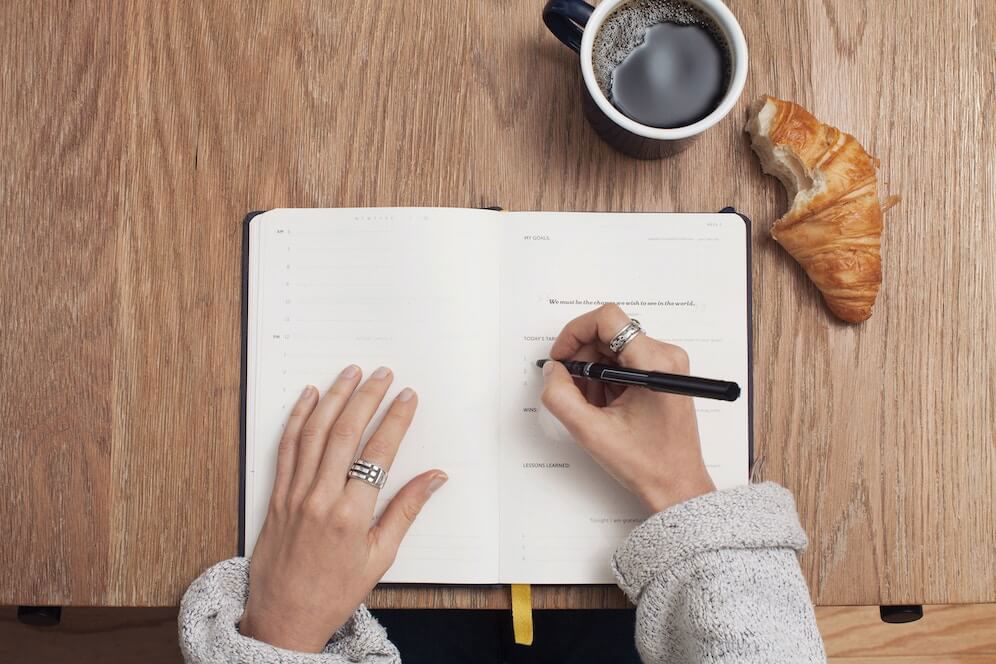
You may also enjoy these popular, guided journaling tips, prompts, and inspiration for all your writing and organizing needs:
- How to Start Mindfulness Journaling + Why You Should
- Journaling for Mental Health + Where to Start
- The Benefits of a Stress Relief Journal + How to Start One
- Exploring Faith Through Journaling: How to Start a Faith Journal
- How to Start a Gratitude Journal and Unlock the Power of Positivity
- 8 Life-Changing Benefits of Journaling Before Bed + How to Start
- Meditation Journaling: Elevate Your Practice with Daily Reflections
- How to Do a Daily Gratitude Challenge + Why You Should
- 25 Creative Bullet Journal Page Ideas + Time-Saving Tips
- How to Use a Line a Week Journal: A Comprehensive Guide + Prompts
Journaling for anxiety can be a transformative practice. By regularly engaging in expressive writing, you can gain a deeper understanding of your mind, manage anxiety symptoms, and cultivate a sense of well-being. Whether you prefer stream of consciousness writing, guided journaling, or reflective journaling, there's a style that can suit your needs. Remember to create a comfortable space, set aside time for journaling, and use journal prompts to guide your writing.
Explore best-selling journals and notebooks and personalize one for yourself today. Share the journaling journey and personalize a journal as a thoughtful gift for a friend or loved one. Write on!